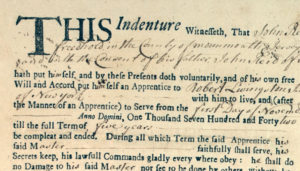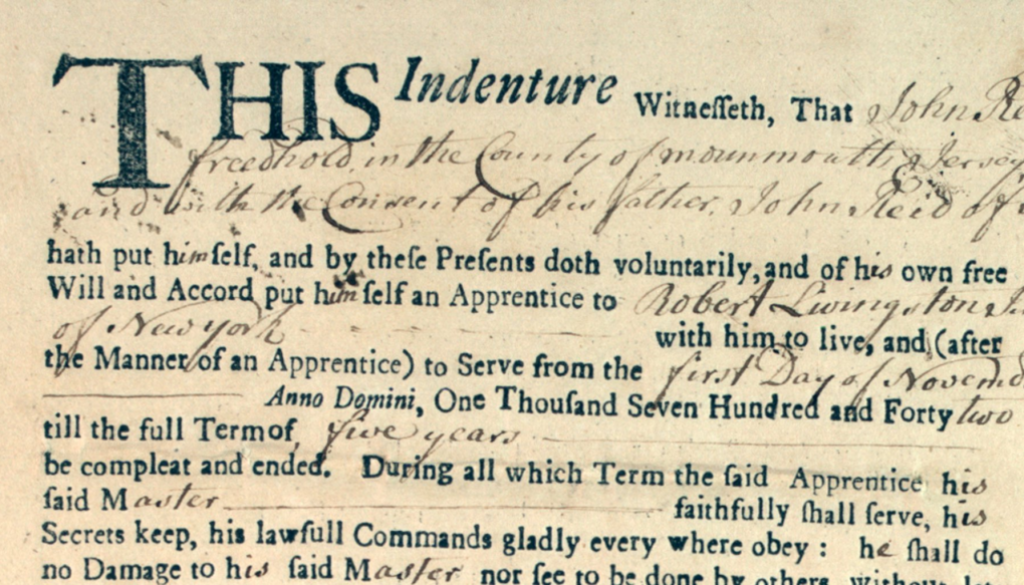Leviticus 25:47-55 Strangers Too

The last time we were together we looked at how a “brother” or “neighbor” should treat one another who had financial issues. We will now look at strangers too.
When we were reading about how a poor person could sell himself to his fellow Israelite we saw that this person could not be treated as a slave but a “hired worker.” They had to be treated better than slaves AND they had to be released at the year of Jubilee. Brothers could not hold brothers longer than the Jubilee.
But what if the poor man decides to sell himself/his services to someone who was not an Israelite? Well, God addressed that too.
Let’s back up a minute and compare the two different options of entering service due to poverty. I want to compare and contrast the two. To make it easier I am going to use a chart.
| Conditions | Neighbor/Brother | Stranger/Sojourner |
| Price | Dependent on number of years until Jubilee | Dependent on the number of years until Jubilee |
| Position | Treated as a sojourner or stranger; as a hired hand NOT slave | Treated as a hired hand NOT slave |
| Protection | God’s command demands fair treatment “You shall not rule, one over the other ruthlessly” (verse 46b) | “He shall treat him as a worker hired year by year. He shall not rule ruthlessly over him in your sight” (verse 53) |
| Redemption | None | He may be redeemed by his brother, uncle, cousin, or close relative from his clan. He may also redeem himself if he becomes rich. The cost of redemption is dependent upon the length of service already given and the length until Jubilee |
| Release | He and all his family are to be freed in the year of Jubilee | He and all his family are to be freed in the year of Jubilee |
The big difference in the two different options is the possibility of redemption. A family member could redeem the one who sold himself. But another glaring difference is brought to light because of that difference. When a brother sells himself to his brother he is to be “supported” as a stranger of sojourner. He still lives with the “family of Israel” but he is treated as an outsider. “Of us but not with us.”
I wonder, if a family member redeemed someone if that person was then moved into the first category instead. Was he then in debt to his “brother”?
I wonder why there is so little difference. Is it because the “stranger” living among the people were to follow God’s commands too? Was this a requirement for the stranger or sojourner to be in the Promised Land? I believe this was the expectation of any who lived among the people. They could live with them but never truly be one of them. “With us but not of us.” They were expected to adopt the practices of Israel but would always be an outsider.
One of the binding principals for God’s people was the promise of redemption. The Jubilee year was a way to reinforce that promise. So ANY one were among them would know of this practice and conduct business accordingly. Thus the same standard for both group.
I’m SO glad God didn’t stop with providing redemption for only the Israelites. He brought that gift to even the sojourners, strangers, and Gentiles. Because Jesus was rejected by His own He was able to offer this to me too. It pains me that He was rejected but it also gives me GREAT JOY. He paid my redemption price and now I am His forever. I don’t want a Jubilee year to free me!
Lord Jesus, THANK YOU for paying my debt! There is no way I could have ever “worked it off” and I had no one else who was able to pay it. You did MORE than just redeem me. You also forgave my debt. I’m not a “stranger” or a “sojourner” in Your employee but I’m “family.” You could have rightfully moved me from servitude to one to servitude to You instead but You didn’t. You don’t DEMAND my service. You let it flow out of love; out of our relationship. Thank You for that opportunity to show You my gratitude!



